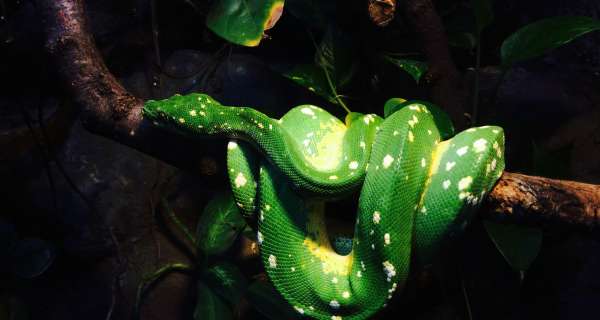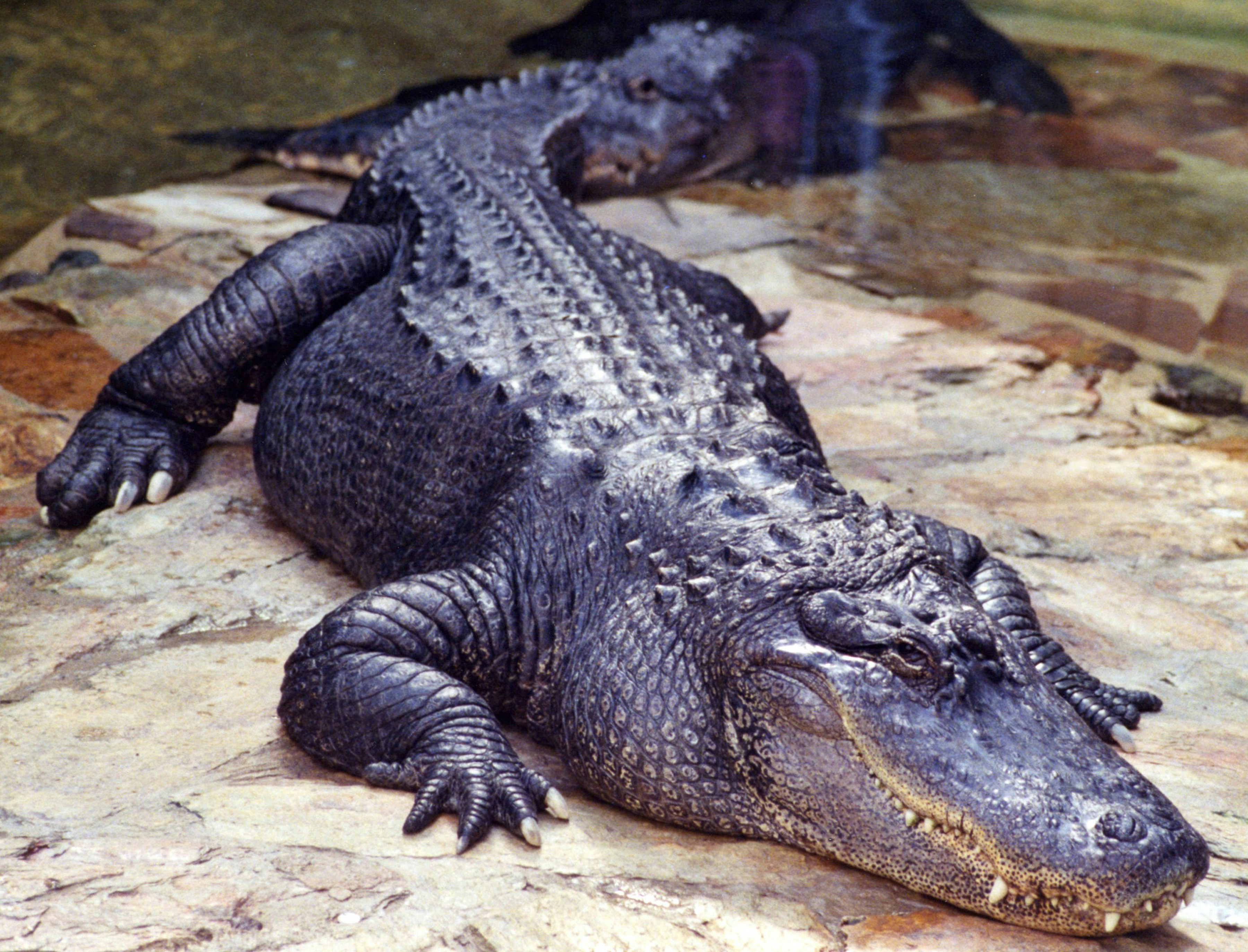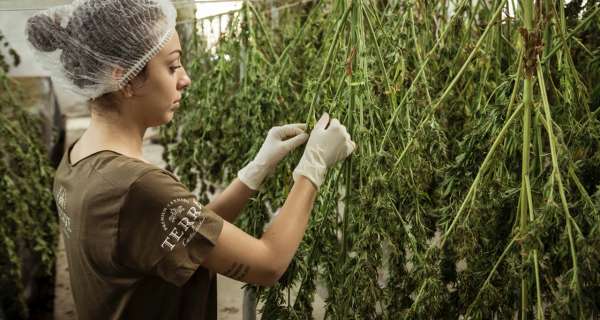Once A Sort After Commodity

Saving The Everglades
The state of Florida is considered to be the third most populous state in the United States of America and the only state that borders the gulf of Mexico and the Atlantic Ocean. It is also the only state besides Hawaii with a tropical climate. Florida is also known for it’s unique ecosystems which include the Everglades national park. Examples of some of the unique wilderness present in Florida include The American alligator, Crocodiles, Flamingoes, Panthers and so on. The Burmese Python is native to southeast Asia and is considered to be an invasive specie meaning they are introduced into an environment that becomes overpopulated and harm it’s new environment.
In an attempt to protect the everglades, the south Florida water district governing board has decided to implement an incentive program designed to rid the everglades of invasive pythons from across the landscape. The program provides access to python removal agents on designated lands in Monroe, Miami-Dade, Broward, Collier, Hendry, Lee, and Palm Beach counties. As with any new innovative idea designed to serve and protect the community, they have a high volume of applicants. If selected you will be contacted if not, your application will remain on file until such time future positions become available. Listed below are program details on how python removal agents will be paid.
Superseding All Other Wildlife

Program Details
Program Details
Python removal agents will be paid:
• An hourly rate ($13.00 per hour or $18.00 per hour depending on the area) for up to ten (10) hours each day while actively searching for pythons on designated lands.
• An additional incentive payment of $50.00 for each python measuring up to four (4) feet plus an extra $25.00 for each foot measured above four (4) feet. See example below:
• An additional $200.00 for each verified active nest.
Researchers believe that the non native Burmese Python was introduced to the environment through pet owners accidentally and/or intentionally releasing them into the environment. Once upon a time, they were considered to be a sort after commodity amongst exotic pet owners. Ever since their release due to their unrestricted appetite, the Burmese python quickly accelerated to the top of the food chain as a predator, superseding all other wildlife including the Panther, Alligators, other birds of prey and last but not least, humans. A 2015 study was conducted into the impact of pythons on indigenous food sources by released 95 adult marsh rabbits in areas of the Everglades known to harbor pythons. Within 11 months of the release, the study showed that pythons accounted for 77 percent of rabbit deaths, reducing prey for native predators.
Sources - South Florida Water Manage District Python Elimination Program




































0 Comments